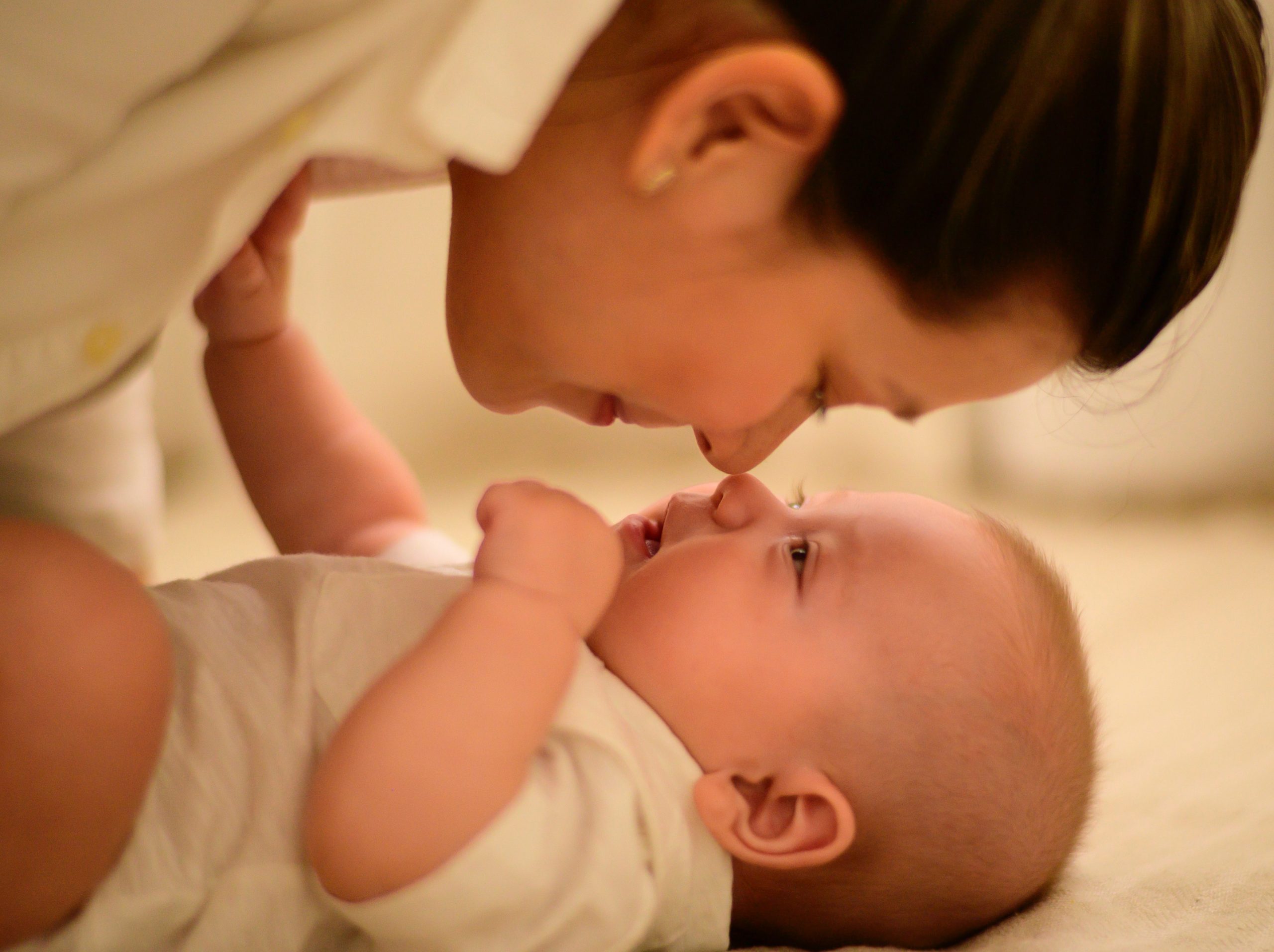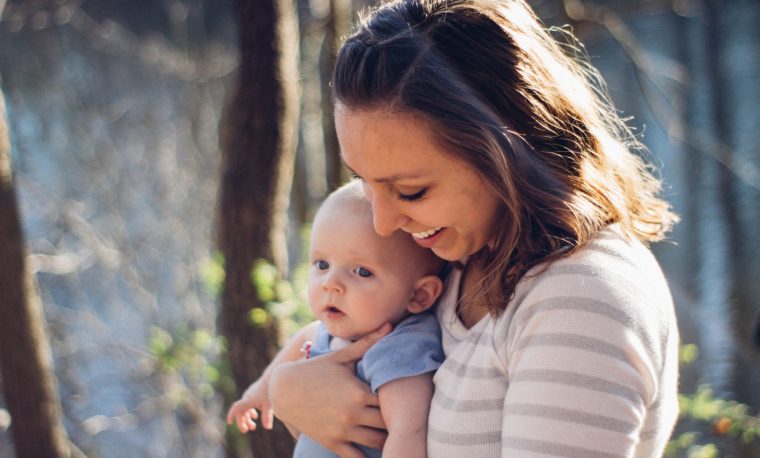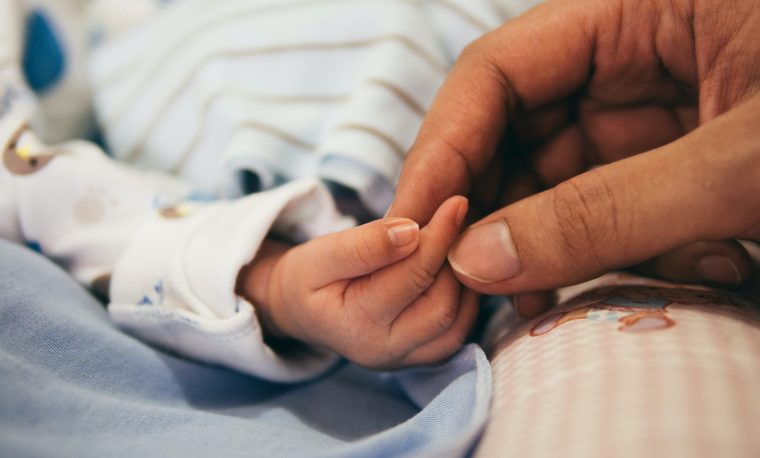What is postnatal depression?
Postnatal depression is a perinatal mental health condition. Perinatal mental health issues occur during pregnancy or in the first year following the birth of a child. It may also be referred to as prenatal (antenatal) or postnatal (postpartum) depression. About one in every 10 women experience either post-natal depression (PND) in the weeks and months following birth.
Having a baby is a major life event, and many women will experience vast psychological, physical and social changes. For many women, pregnancy and motherhood are positive experiences, albeit not without challenges or conflicting emotions. During the post-birth period, sleep deprivation, hormonal changes and adjusting to new family roles involve great emotional upheaval. For this reason, it is unsurprising that 10-13% of women will develop a mental health condition during pregnancy or post-birth.
Up to 50% of women experience the ‘baby blues’ in the days and weeks following the delivery, during which they may feel tearful and emotionally fragile. This is incredibly common, and many women will get through this phase spontaneously and without medical treatment. It does, however, require understanding and support from loved ones.
Postnatal depression is distinct from the common baby blues.
What causes postnatal depression?
Postnatal depression can occur in anyone, despite your life circumstances and whether or not the baby is your first. There is no one cause for perinatal mental health issues, but there are thought to be a few suggestions as to why it occurs.
Some causes can include:
- Existing mental health conditions (such as depression, anxiety, bipolar or personality disorders)
- Biological causes
- The sudden change in relationships and family dynamics
- Lack of support
- Difficult or traumatic labour
- Changes to your body
- Hormonal upheaval
- Diet
- Difficult childhood experiences
- Stressful or unstable living conditions
Signs and symptoms of postnatal depression
Signs and symptoms of postnatal depression can include:
- Feeling very low, or despondent, thinking that nothing is any good, that life is a long, grey tunnel, and that there is no hope
- Feeling tired and very lethargic, or even quite numb. Not wanting to do anything or take an interest in the outside world
- A sense of inadequacy and feeling unable to cope
- Feeling guilty about not coping or about not loving the baby enough
- Being unusually irritable makes the guilt worse
- Feeling very emotional and teary often
- Changes in appetite or weight
- Difficulty sleeping: Not getting to sleep, waking early, having vivid nightmares
- Being hostile or indifferent to your husband or partner
- Being hostile or indifferent to your baby
- Losing interest in sex
- Having panic attacks
- Overpowering anxiety often about things that wouldn’t normally bother you, such as being alone in the house
- Difficulty in concentrating or making decisions
- Physical symptoms such as stomach pains, headaches and blurred vision, shortness of breath, racing heart
- Obsessive fears about the baby’s health or well-being or about yourself and other members of the family
- Thoughts about death
Thoughts about death can be very frightening and may make you feel as if you are going ‘mad’ or completely out of control. It’s important to realise that having these thoughts doesn’t mean that you are actually going to harm yourself or your children, although this does happen very occasionally. However difficult it is, the more you can bring these feelings out into the open and talk about them with someone you trust, the less likely you will be to act on them.
Postnatal depression is assessed, usually by health visitors, using a questionnaire called the Edinburgh Postnatal Depression Scale.
This is completed by the mother usually within the first two months after birth.
Postnatal depression treatment at Nightingale Hospital
There are two types of treatment available for prenatal (antenatal) or postnatal (postpartum) depression: talking therapies and medication.
- Counselling and psychotherapy offer the opportunity to look at the underlying factors that have contributed to your depression, as well as help you to change the way you feel.
- CBT can provide practical strategies for dealing with specific problems you are facing.
- Complimentary therapies such as relaxation, meditation, massage and yoga can also support your postnatal depression talking therapies.
- Medication can be effective if your prenatal (antenatal) or postnatal (postpartum) depression is severe or goes on for a long time. It may help you to feel less anxious and cope better with day to day life.
Women who experience post-natal depression and are breastfeeding are often concerned about taking antidepressant medication and the impact this may have on their breastmilk. However, there is overwhelming evidence that the most important consideration is to proactively address the mother’s mental health.
For specific discussions around the suitability of different types of drugs, such as antidepressants and mood stabilising medication, women should speak to a mental health specialist.
Nightingale Hospital London has a number of consultant psychiatrists and therapists that can help you through your postnatal depression. It is vital you find a postnatal depression specialist that you can trust and work with on your recovery. If you cannot find the information you need on postnatal depression specialists and postnatal depression treatment programmes we would welcome your call so you feel secure in the decisions you make.
What can I do to support myself with postnatal depression?
Postnatal depression usually gets better in time, although it may take up to a year. Love, support and nurture from family, friends and community can be vital in helping you to cope.
The following can help:
- Confiding regularly in someone close to you
- Joining support networks for new parents
- Taking time for yourself
- Meditating and mindfulness
How can family and friends help with postnatal depression?
It may be difficult, upsetting and frustrating to live with someone who has PND, but it’s important not to blame them for how they are feeling. Be prepared to seek help from wherever you can, both for yourself and for the depressed mother. Perhaps the most important thing to recognise is that someone suffering from PND may need encouragement to seek help, and support to get it.
Ways you can support someone you suspect may be suffering from postnatal depression:
- Help the new mother to find someone to talk to in-depth, and reassure her that she is not going mad and that she will get better
- Make sure they know that their loved ones will support her, and not abandon her
- Practical steps include helping her to get enough food, rest and exercise
- Try to ensure that she doesn’t spend much time alone to cope with the baby. A sense of isolation can be the most stressful aspect of mothering
- Support the idea that she deserves to have a daily treat and enable her to get it. One way might be to offer her a massage. This is a great help in promoting relaxation and restoring a sense of wellbeing
Try to find out as much as you can about postnatal depression, and, if necessary, be prepared to fight for more resources. Be prepared to talk about it, so that the problem does not remain invisible.
What not to do or say:
- Telling her to pull herself together. She is already feeling bad about herself and doing her best
- Walking out on her, however difficult or impossible she is
- Leaving her alone with the baby for long periods
- Giving her alcohol or encouraging her to drink too much
Please contact us confidentially on 020 7535 7700, 24 hours a day or enquire online.









